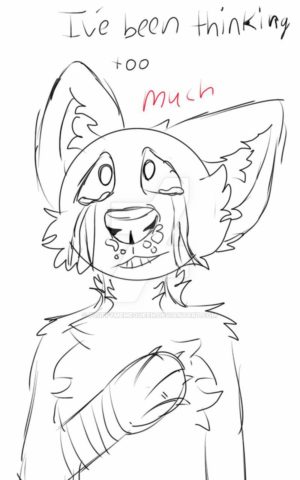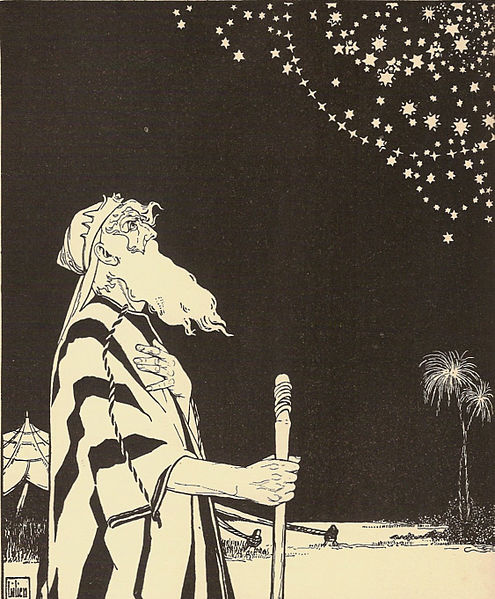I “officially” launched my book, Healing People, Not Patients, Sunday night, the first night of Chanukah. Over 100 people gathered to hear me read,sing and celebrate the idea of healing relationships based on listening to one another, not on business or technology.
So I was tickled the following day to hear this story on All Things Considered. A major study done in Switzerland concluded that for a large proportion of people currently recommended to be on statin drugs for cholesterol, a frank conversation with their doctor should be the first intervention, not a prescription.
Not only that, but a few weeks earlier, the American Heart Association and American College of Cardiology issued new recommendations on cholesterol calling for – wait for it – “more nuanced conversations around who would most benefit from statins.”
Now, I shouldn’t be too smug. The AHA/ACC follow that recommendation by recommending yet another technological test, a coronary calcium CT scan, to help make the decision, and quote a suspiciously low price of $100 (not in my market, that’s for sure). Not included in the price tag – the cost of evaluating and treating all the unlooked-for,incidental findings the CT happens to find while looking for calcified coronary arteries.
On the other hand, those results do promise to inform a conversation that could end up getting as many as 40% of patients who take statins off their meds. It’s a trade-off. And how do we decide what to do when there’s a trade off?
With conversation – the wonder drug that works wonders (hopefully Bayer doesn’t come after me for that line).
What’s the goal of treatment? How bothered are you by a 2% risk of heart attack? 5%? 25%? What about stroke? The answers are different for different people. Tome, 5% means I am 95% likely to be fine, a near-certainty. To someone else, it is a death sentence.
Douglas White, a critical care doc at the University of Pittsburgh, has done some fascinating research about how, even when given the same statistic, families react to news of a poor prognosis in very different ways, depending on how those numbers sound to them. Their father is a “fighter,” their mother went to church every week, their grandfather “told them his time had come and now we know he was right.” Guidelines can’t resolve those differences – only the wonder drug of conversation can do that.
Years ago I heard the story of a rabbi who, on Friday afternoon, just before Shabbat, has two congregants come to him, one after the other. The first brings him a chicken and asks if it is kosher. He inspects it carefully, pronounces it damaged and unfit for use, and sends the woman on her way.
The second woman enters, also carrying a chicken, and asks the same question. This time, as he turns the bird over and over, the rabbi asks the woman gently about her husband, her children, her home, and her relatives living far off. He sees a problem. He thinks for a few moments, pronounces the bird kosher, and wishes her “Shabbat Shalom.”
His student is perplexed. I’m sure my medical and physician assistant students can relate – they have seen me interpret the same set of guidelines in exactly opposite directions many times.
“The first woman was well-dressed and I know her to be of means – and meticulous in her observance. Her bird had a flaw that some might permit and some might not. She would not want to take chances, and I know she has other food she can serve for Shabbat. The second, I learned from our conversation,is in difficult circumstances. If I disqualify her bird on a small technicality, she will have nothing to eat tonight,” explains the rabbi.
The plural of anecdote is not data, but the singular of guidelines is not person. Guidelines are like an old paper map, good for planning your trip but not so good for improvising a route around an accident or a traffic jam. Until we come up with the Waze of guidelines, we will have to rely on the wonder drug of conversation.
I think NPR’s Wendy Wolfson sums it up best, in a March 2015 article on statins that is linked to this week’s story:
“My victory was in finally figuring out the right questions to ask. I’m still shaken because she had prescribed to formula but not to me as an individual. We both missed things in the risk conversations we should have had. Next time I hope to do better at asking questions like ‘Why?’ and ‘What happens in people like me?’ and ‘What are the alternatives?’
And of course, ‘Where can I look this up?’”
Be like Wendy – and if you’re a healer, be prepared with some answers for Wendy…
Special thanks to all who attended the release party at Repair the World. Thanks also to Gideon Orbach, DC, for hosting me at the Winer Wellness Center this week, and to Scot MacTaggart, host of the Pitchwerks Podcast. We recorded yesterday and the episode should drop in a couple weeks. Stay tuned!







